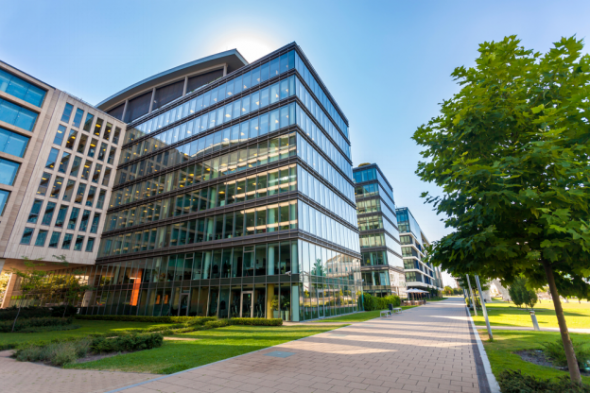Are you someone who is looking into leasing a commercial property for your business or startup? Perhaps it’s time for you to expand from a small office into the greater unknowns. Taking on a commercial lease is a big step, and one that is a serious financial commitment. This is why you need to be on the ball when it comes to choosing the right property for your business. In this article, we will have a look at what you need to check for when leasing a commercial property, so read on to find out more!

1. Is It Up To Standard?
The first thing to consider when looking at commercial properties is to figure out if it is up to the standard you require. Is the place furnished? Are things such as lighting and mechanical plumbing up to date? Are all the electricals in good condition? Although seemingly small in the grand scheme of things, these little things can really make or break the deal. The last thing you want is to rent a property that is not up to standard, only having to spend more money of your own to fix things.
2. Is The Rent Appropriate?
Finding a great commercial property is one thing, but keeping up with the rent is another. Does the rent you are paying include common areas such as lifts, toilets and hallways? Do you know how the landlord measures the space? It is also good to keep in mind that commercial lease agreements usually provide for an annual increase in rent. Are you certain that you will be able to keep up with monthly rent bills? Getting your finances in line and mapping everything out is key when selecting the right property to rent. The last thing you want happening is to be unable to keep up with the bills and getting evicted.
3. Figure Out Who Is Responsible For What
Before you agree to a commercial lease, it is vital that you figure out and agree upon who takes on what responsibilities. Who is in charge of maintaining the premises – you or the landlord? If elements such as the air conditioning unit or heating need maintenance, who is in charge of getting it done? If there is a rodent or insect infestation, are you liable? Figuring out the nitty gritty and agreeing upon who does what will ensure that you avoid any misunderstandings or trouble in the future. Your lease agreement should spell this out clearly, to prevent any miscommunication now or in the future.
4. Are You Allowed To Make Changes To The Commercial Property?
You may be tempted to paint a wall in a colour of your liking, or install certain lighting for your business. Before you do that, however, you need to ensure that you have permission to make changes to your commercial property. Ask the landlord if you have the freedom to do so, and find out if you have to return the property in its original state at the end of your lease term. The lease should also state who will own the improvements or changes to the property when your term is up. Avoid future conflict by making things clear and having a commercial law or real estate law firm guide you. If you need help in estate litigation, make sure to speak with an estate litigation lawyer for expert advice and legal help.
5. Location, Location, Location!
Last but not least, you will want to ensure that the location of your commercial property is beneficial to your business. The last thing you want to do is rent a property in the outskirts of town, where people will find it difficult to access or come to you. This may affect your business, so it is a big thing to think about when choosing the right property and location that suits your needs the best.
__________
We hope that this article has been useful in assisting you with choosing the right commercial property for your business.

